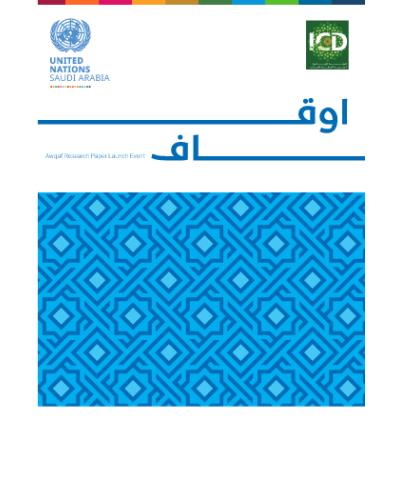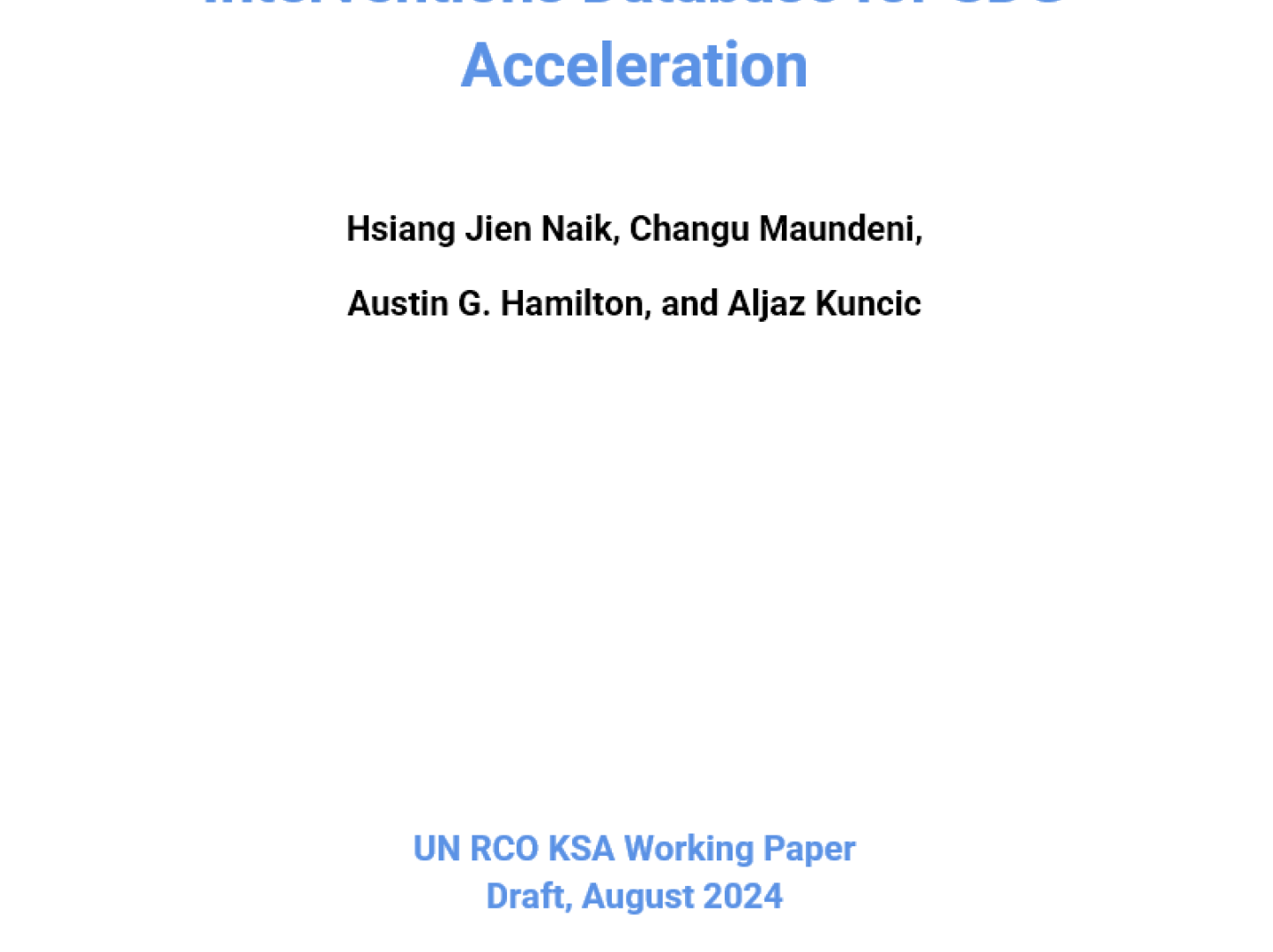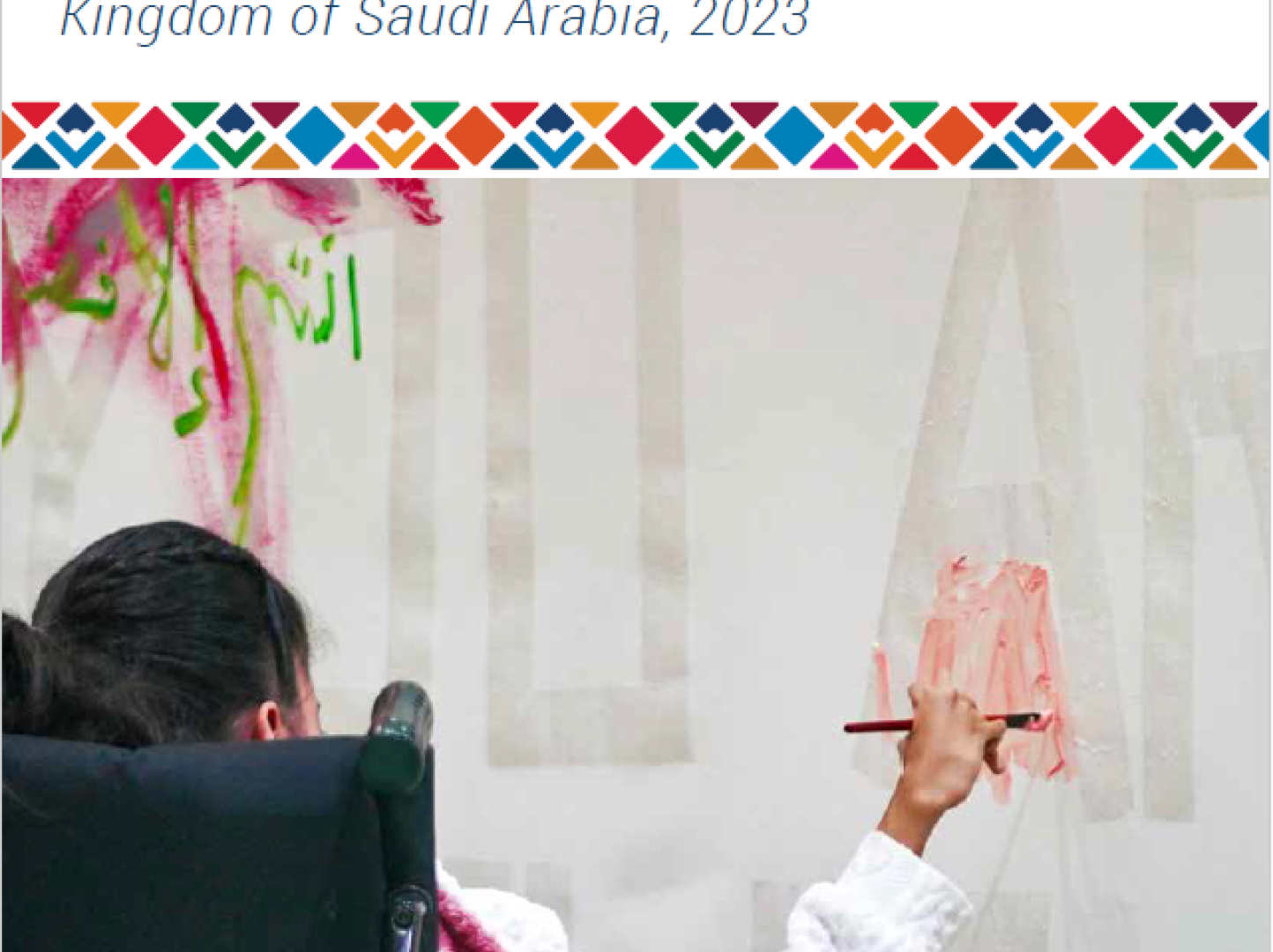The Role of Awqaf in Achieving the SDGs and Vision 2030 in KSA

The Kingdom of Saudi Arabia’s Vision 2030 calls for a bold transformation of its national economy. Saudi Arabia has also committed to the United Nations Sustainable Development Goals (SDG). The current global crisis caused by COVID-19 has affected all communities but has impacted vulnerable communities disproportionately. The Government of Saudi Arabia has responded to the crisis with a broad package of mitigating measures. However, the situation highlighted the importance of innovative financing such as awqaf in achieving and sustaining progress and ensuring that no one is left behind. We must also consider that the broad impact of COVID-19 is a preview of the disproportionate impact of climate change on vulnerable communities.
In his speech at the closing session of the 14th G20 Summit held in Osaka, Japan, Crown Prince Mohammed Bin Salman stressed that providing adequate funding to implement SDGs is one of the most important challenges facing the world. In every country, it is increasingly clear that financing for sustainable progress cannot come entirely from government but that governments, and their strategic partners, must explore innovative financing and partnerships for sustainable development.
The United Nations in Saudi Arabia (UN) and the Islamic Corporation for the Development of the Private Sector (ICD) identified awqaf as an important source of sustainable financing for advancing Saudi Arabia’s Vision 2030 and the UN 2030 Agenda and the Sustainable Development Goals (SDG). In this light, the UN and ICD undertook this strategic study on the potential of awqaf in Saudi Arabia with the objective of action-oriented recommendations for the accelerated realisation of the SDGs and Vision 2030. We hope that this paper will be a starting point for further dialogue, partnerships, and action to accelerate the achievement of the SDGs and Vision 2030 in the Kingdom.





